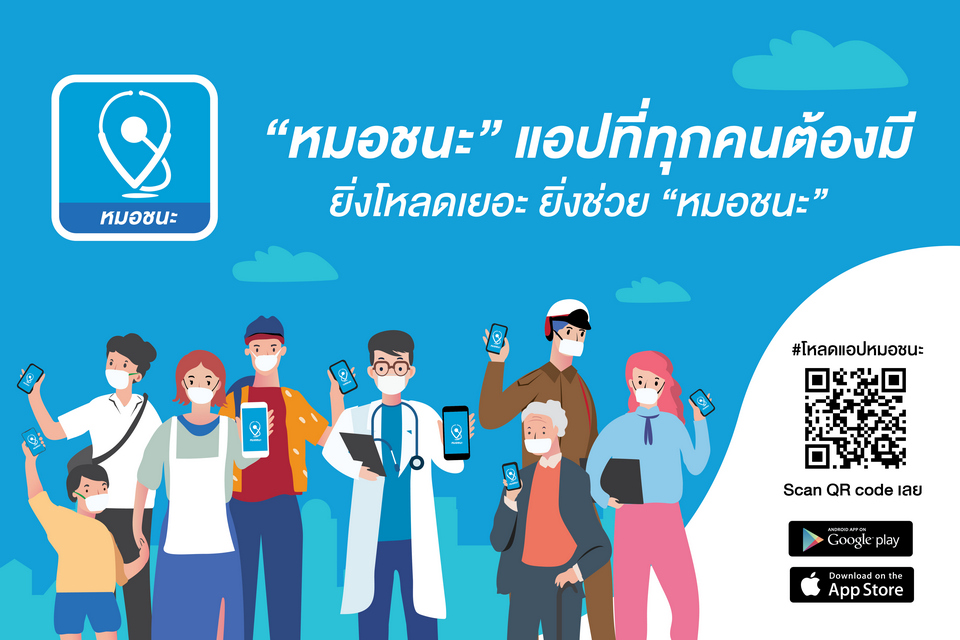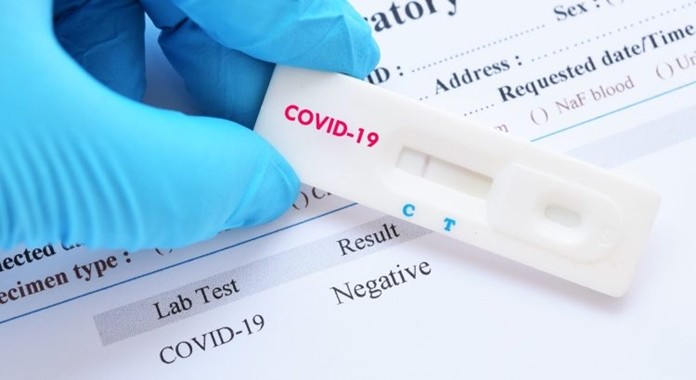
A Thai government minister has suggested that foreigners who wish to visit the country for MICE (meetings, incentives, conventions and exhibitions) could be allowed to bypass the 14-days compulsory quarantine currently in force.
Deputy prime minister Anutin Charnvirakul said that the country cannot lock itself indefinitely against foreigners just to keep community transmission of coronavirus at zero. Meanwhile, the Thailand Convention and Exhibition Bureau (TCEB) is proposing to the government a Special Journey scheme to enable business people to enter the country without quarantine.
But they would need to provide Covid-free certificates issued less than three days before flights, undergo a saliva test on arrival and stay confined for around eight hours waiting for the test result. The business travellers would then continue their journey with an escort team from MICE and be equipped with the Mor Chana tracking app at all times.

Critics say there are two main problems with the suggestion. Firstly, public trust in contact tracing apps is low. Users of the better-known app Thai Chana commonly skip the procedure at checkpoints in malls and elsewhere. Mor Chana can help identify individuals who have been exposed to virus patients by using GPS and Bluetooth technology to track their location. The issues here are transparency and personal privacy.

Another problem with the proposal is that a second wave of coronavirus infections could increase hostility to foreigners in the general Thai population. There were numerous examples earlier in the year of foreigners being refused service in restaurants or admission to retail outlets lest they were “dirty”. The discrimination only ended after it was clear that community transmission of the virus had ceased.
Tourism experts say that cases of hostility to foreigners in a tourist-dependent economy such as Thailand’s could reverberate internationally and deter overseas visitors on a grand scale once a vaccine is eventually made available or the virus diminishes of its own accord. Phuket hotels already reported that many Thais had cancelled their hotel bookings on the holiday island after speculative reports last month that the resort might become an experiment in travel bubbles from abroad.
 |
 |
 |





